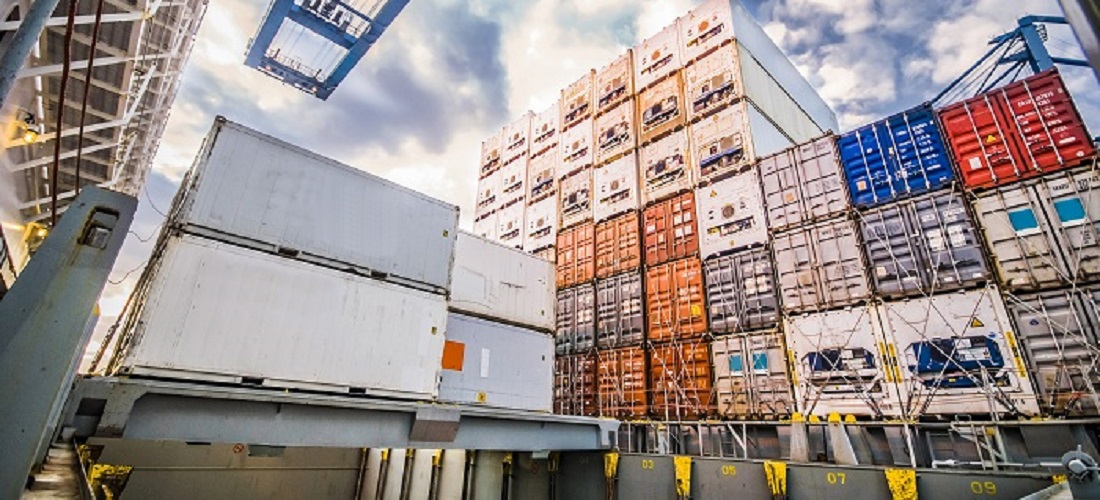
Decreased demand for refrigerated imports increases use of NOR containers
May, 17, 2021 Posted by Ruth HollardWeek 202122
The global trade in goods is experiencing an atypical situation with the lack of containers and the excessive increase in the price of international freight. The scarcity of containers on the market, already noticed since 2019, worsened with the prolongation of the pandemic and transformed a simple metal box into the protagonist of international trade. For example, sea freight between China and Brazil was negotiated at around US$ 2000 in 2017 and is currently at US$ 10 thousand depending on the shipping company.
Many Brazilian exports, mainly to Asian countries, require refrigerated containers, known as reefer containers. The reefer a thermally insulated container used mainly in the transport of products that require a controlled temperature to preserve the primary quality of products from origin to delivery at the final destination, such as meat and meat products, poultry, seafood, and fish, fruits, vegetables, and other perishables.
In the Datamar graph below, it is possible to see the growth of imports via the NOR container in Brazil in the first three months of 2021:
Brazilian Container Import in NOR mode | Jan 2019 to Mar 2021 | UNIT
The reefer containers leave Brazil and do not return in the same proportion due to the lack of imported products of the same nature. To balance this flow and reduce logistical and operational costs, and to supply the lack of containers in the opposite direction of the exports, the shipowners offer the non-operating reefer (NOR) operation, which means a reefer with its refrigeration engine turned off; this makes it the equivalent of common-dry (DC) or high-cube (HC) containers. This thereby significantly reduces the cost of international freight. For the owner, it is much better to receive a lower payment than to return with empty equipment.
The transport of NOR containers is not yet widely practiced in the national market. Still, with the lack of conventional containers, it is already attracting the attention of companies with dry containerized cargo and is increasingly gaining space in Brazilian foreign trade.
Article source: SEGS
To read the full original article, access the link below:
https://www.segs.com.br/seguros/290233-falta-de-conteineres-estimula-a-utilizacao-de-conteiner-nor
-
Ports and Terminals
Jul, 13, 2021
0
Asia Shipping forecasts 30% growth in FCL exports in 2021
-
Meat
Feb, 07, 2020
0
Brazilian chicken and pork exports grew significantly in January
-
Economy
Apr, 14, 2025
0
Vietnam, Brazil target US$10 billion bilateral trade over next two years
-
Ports and Terminals
Aug, 17, 2021
0
São Paulo regional labor court makes contracting in port more flexible

